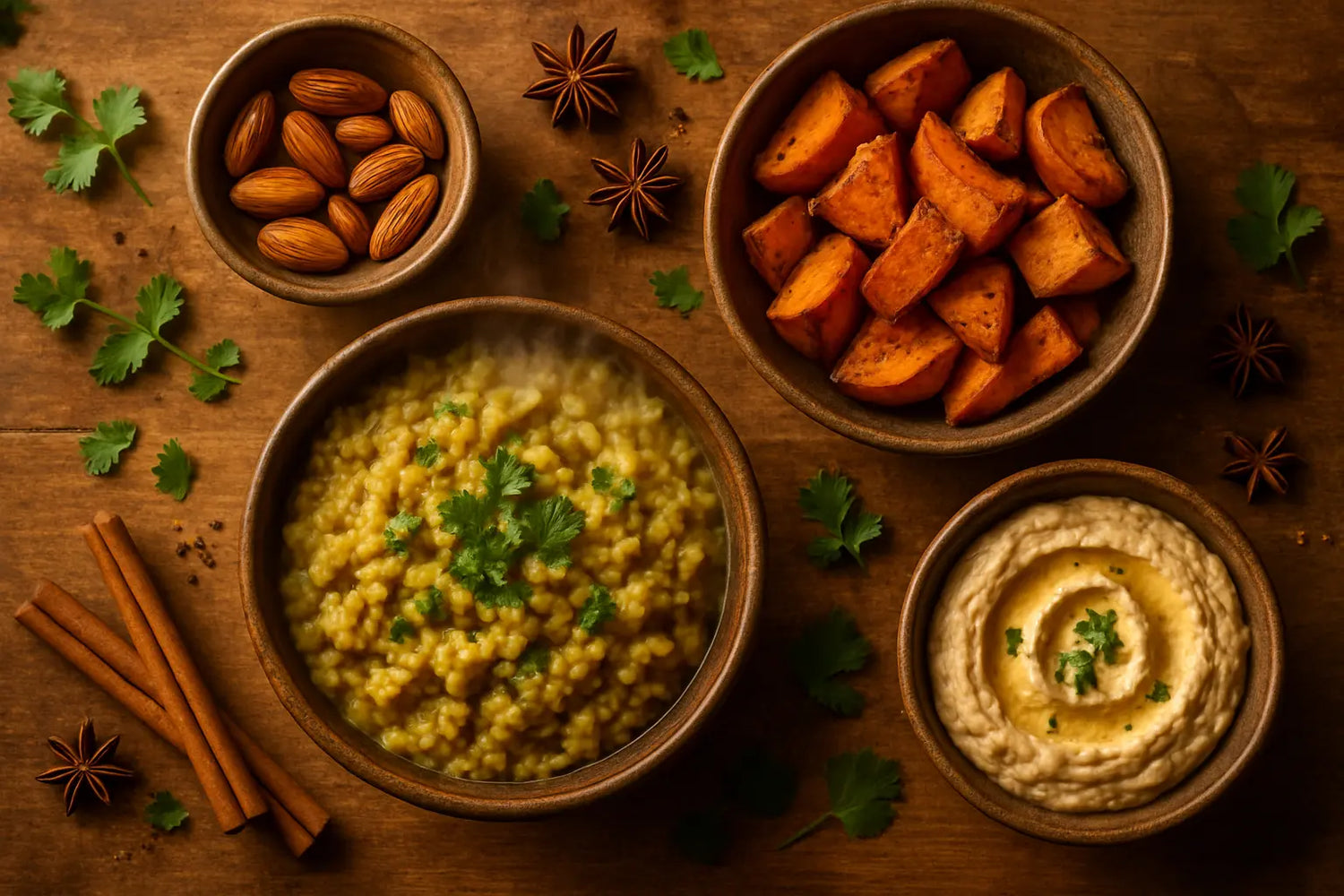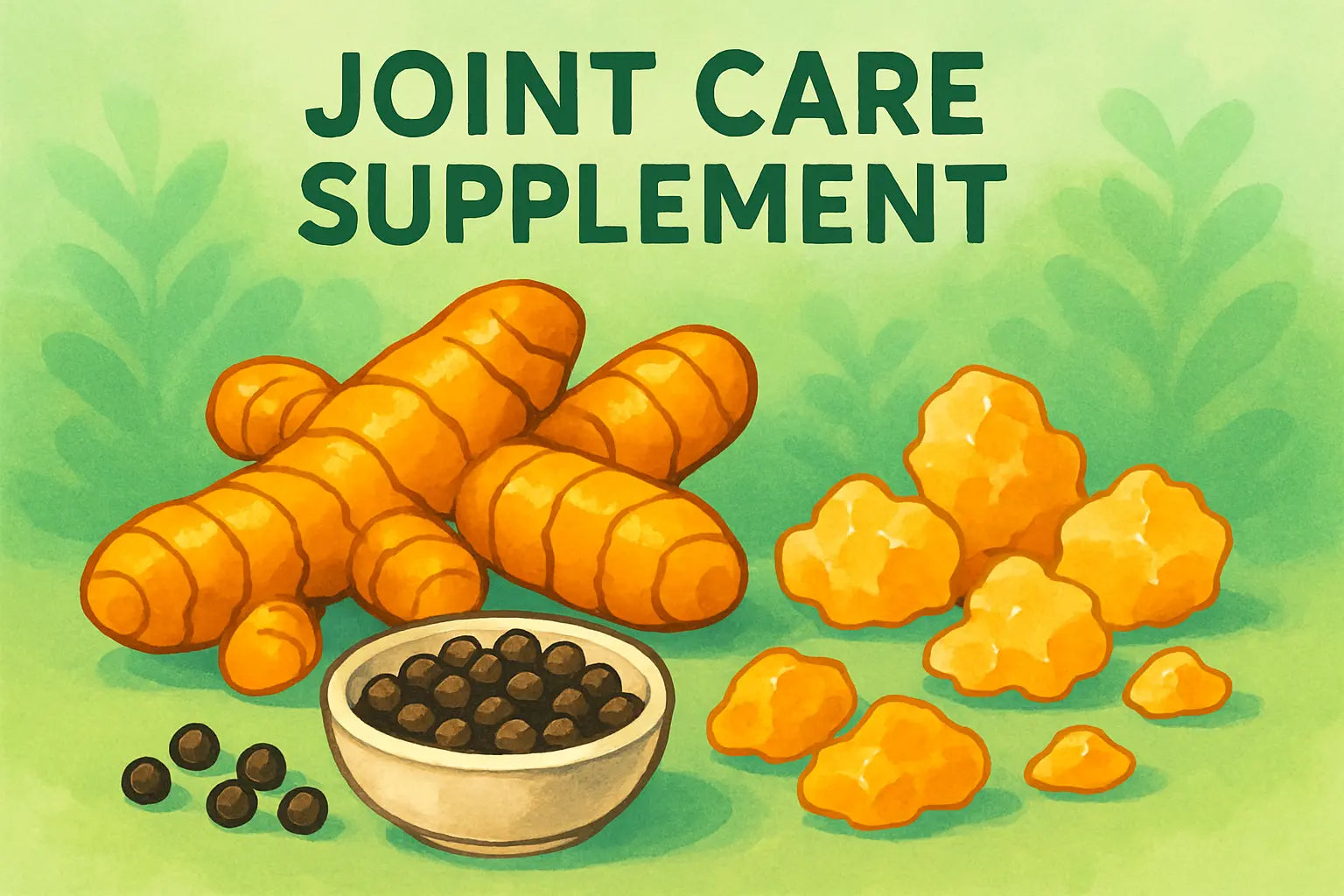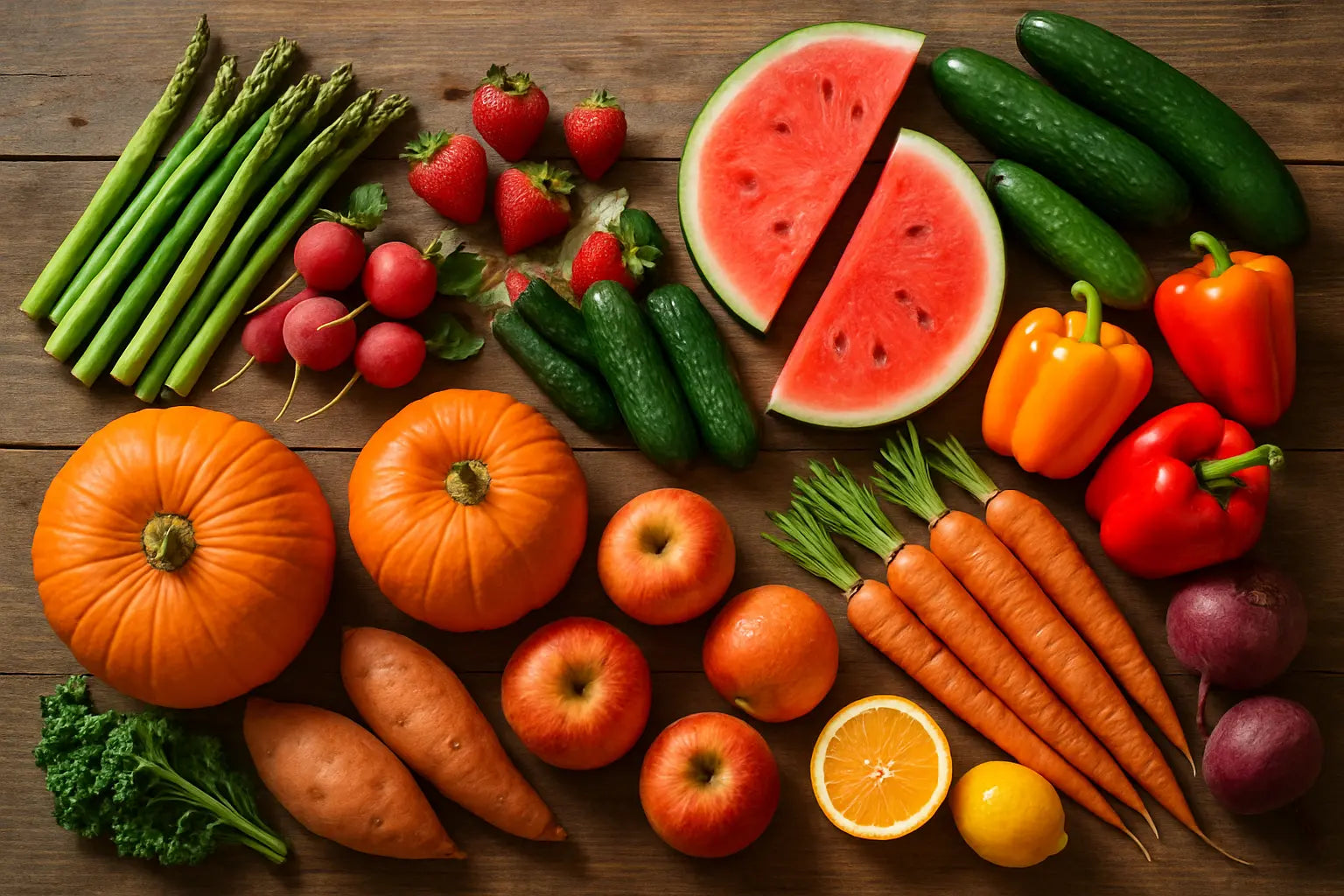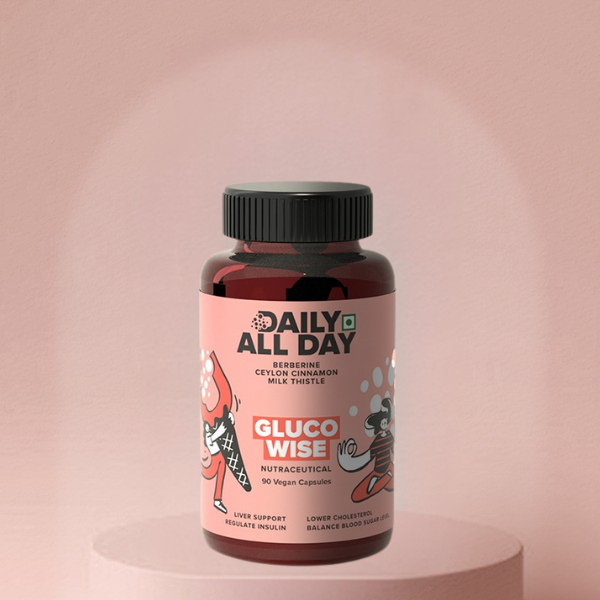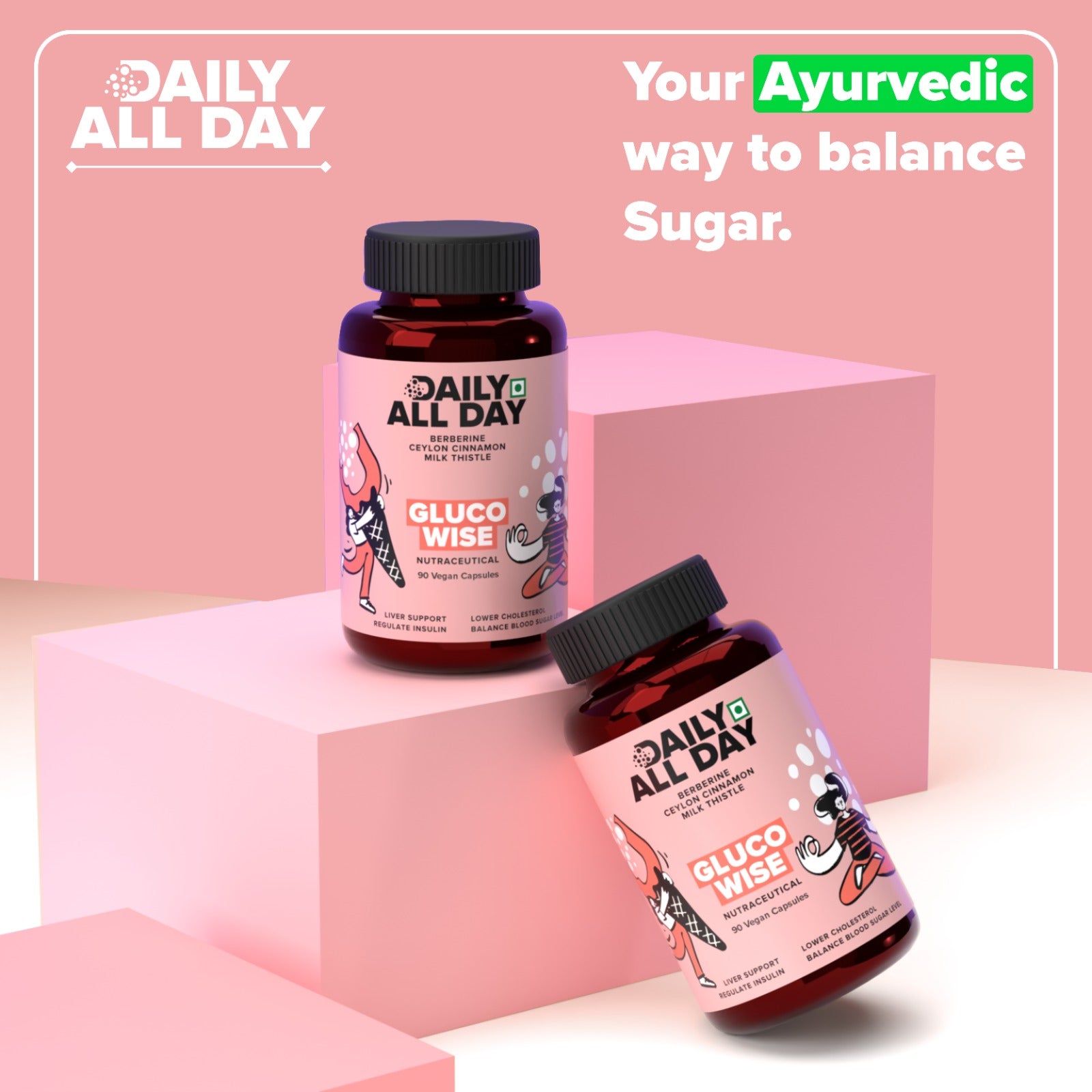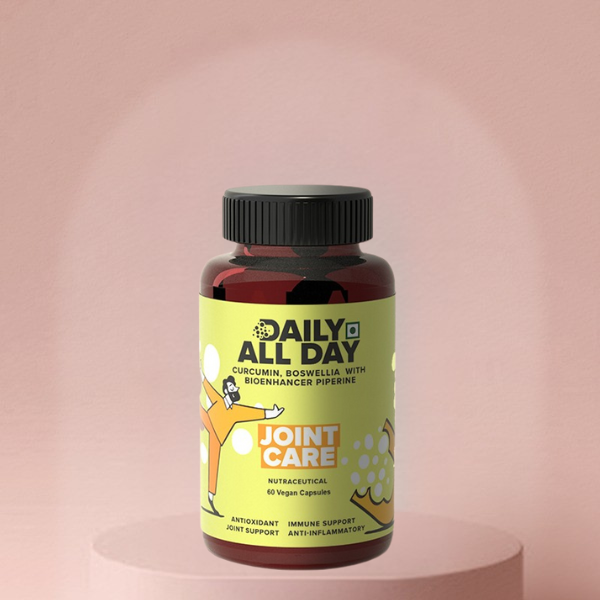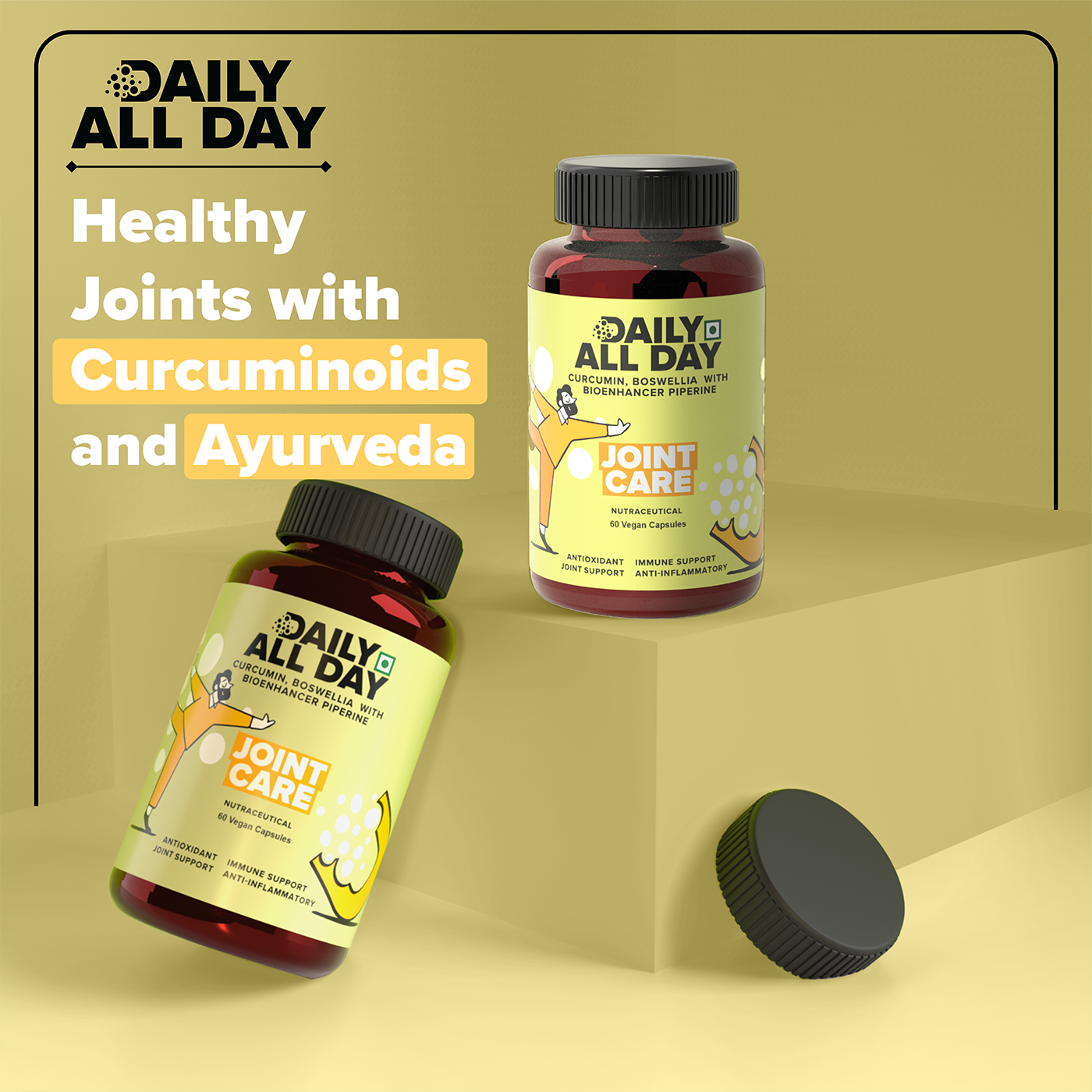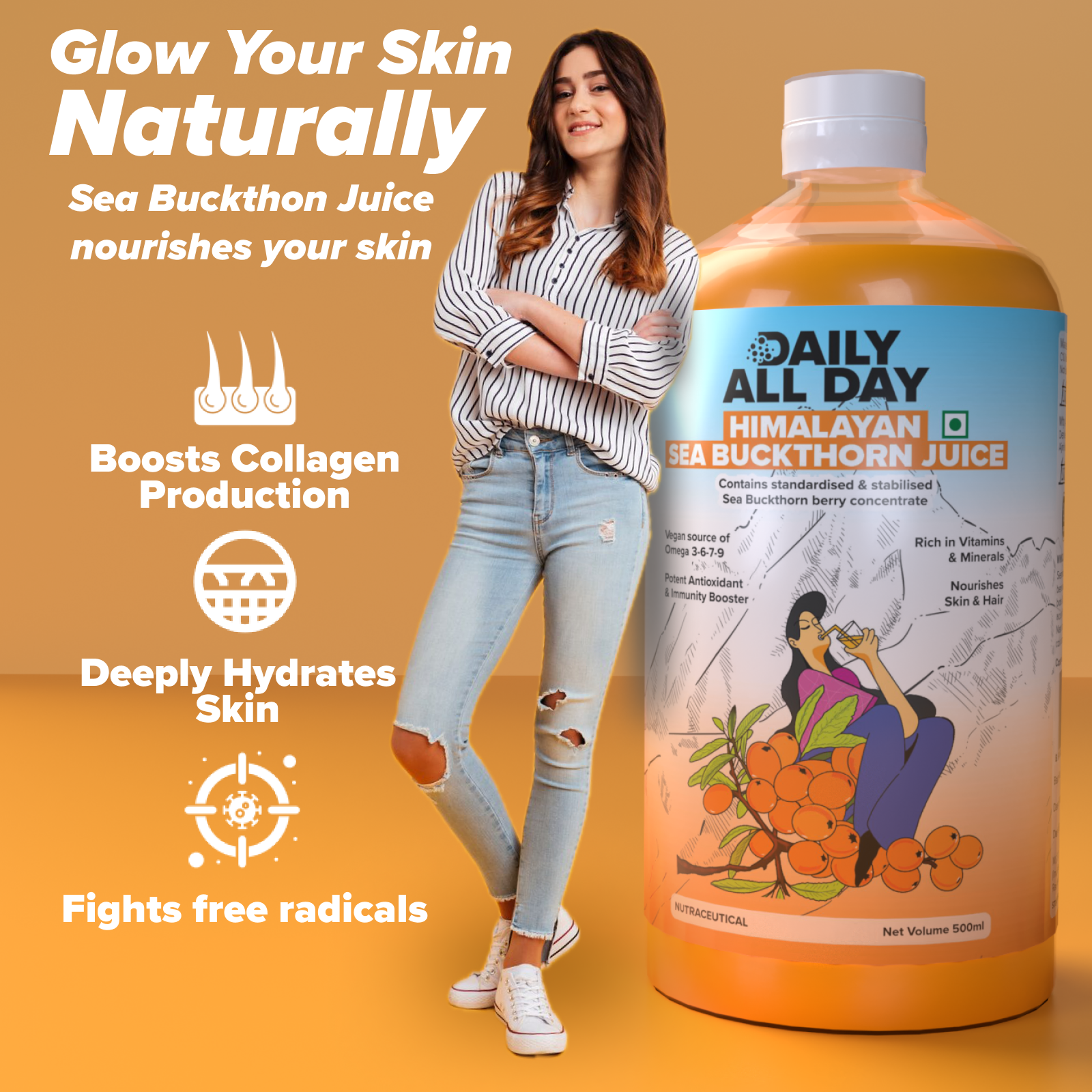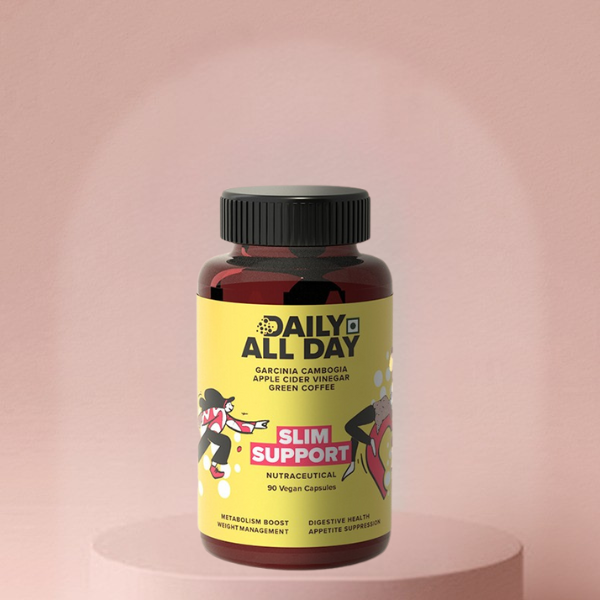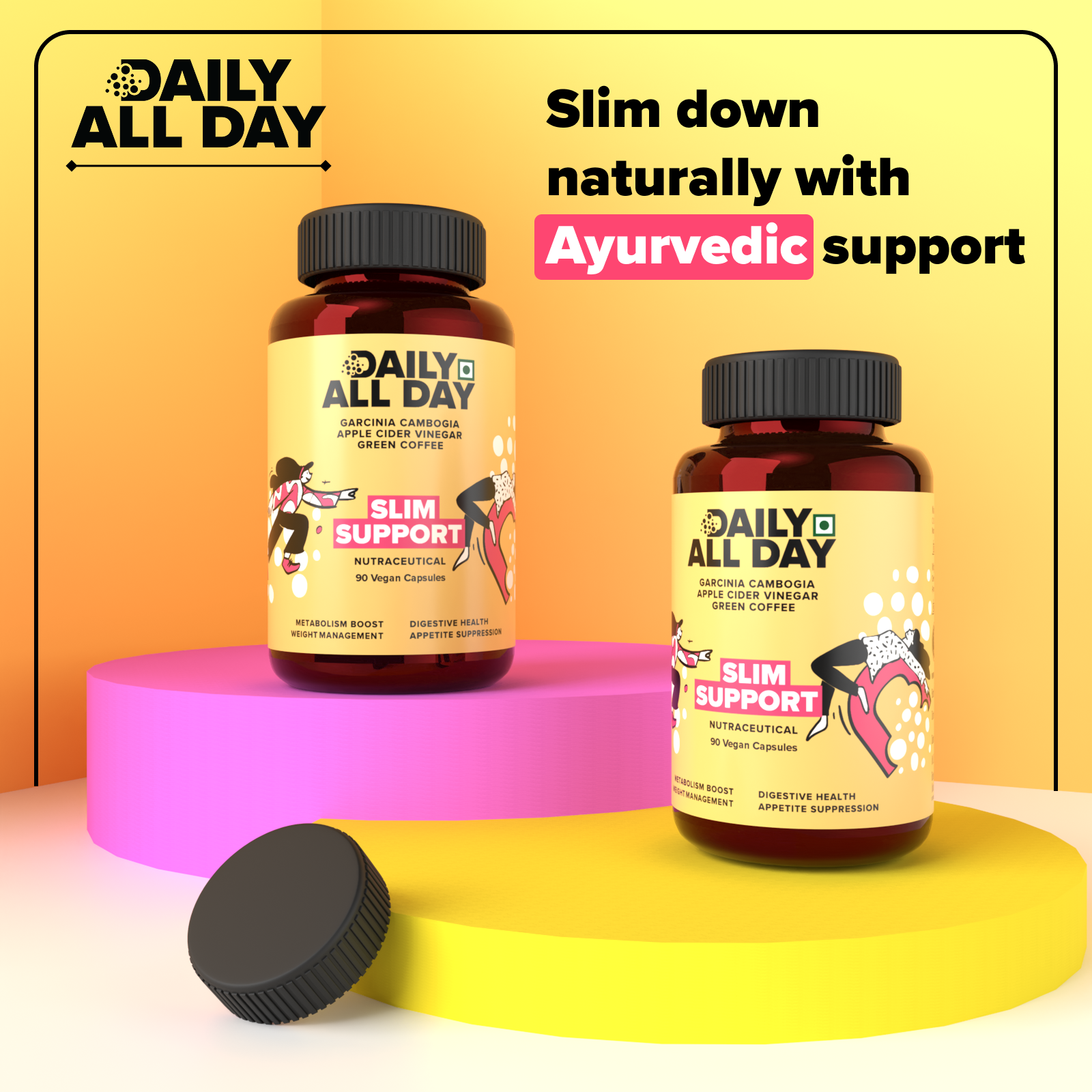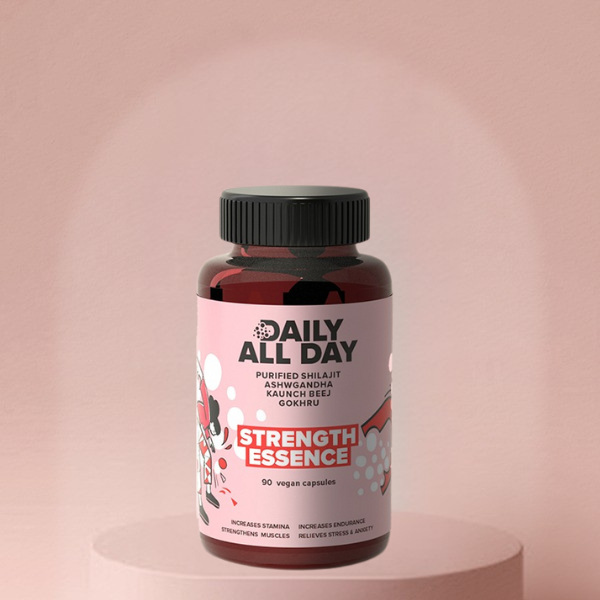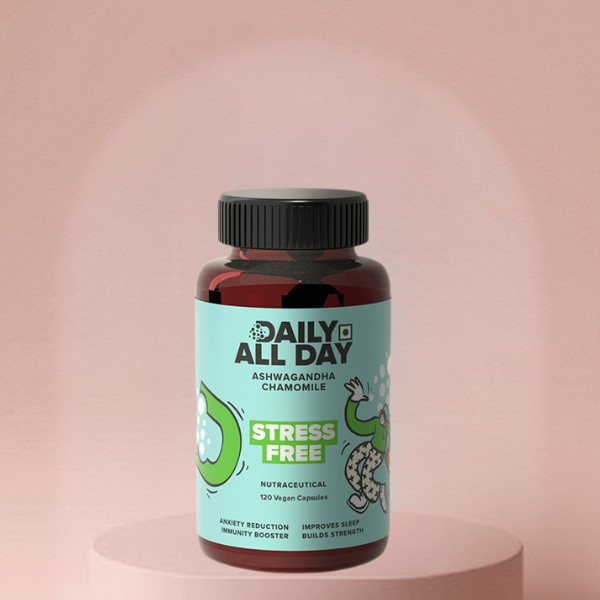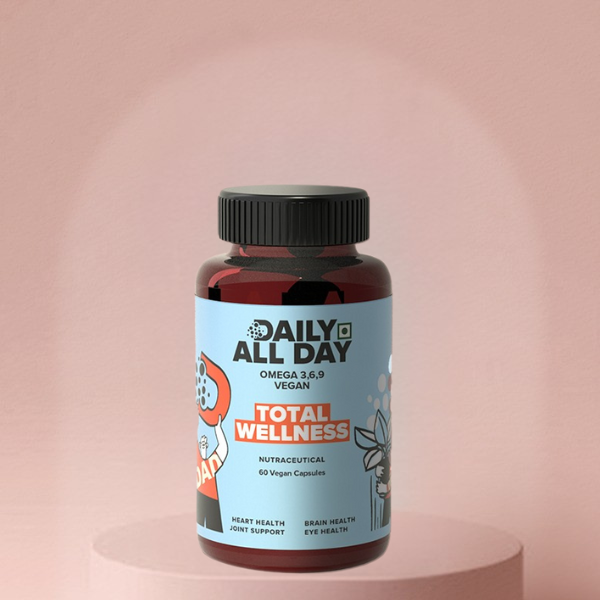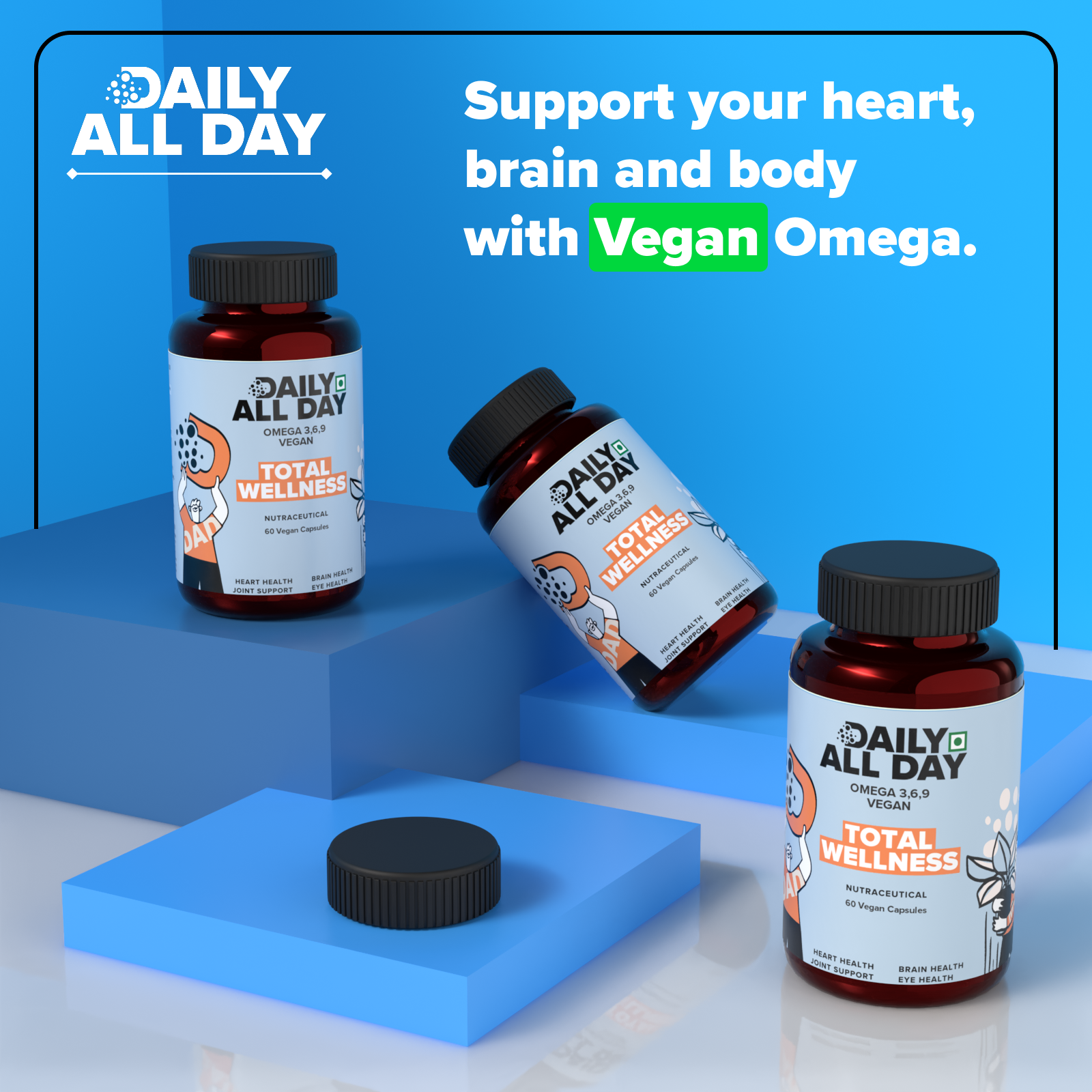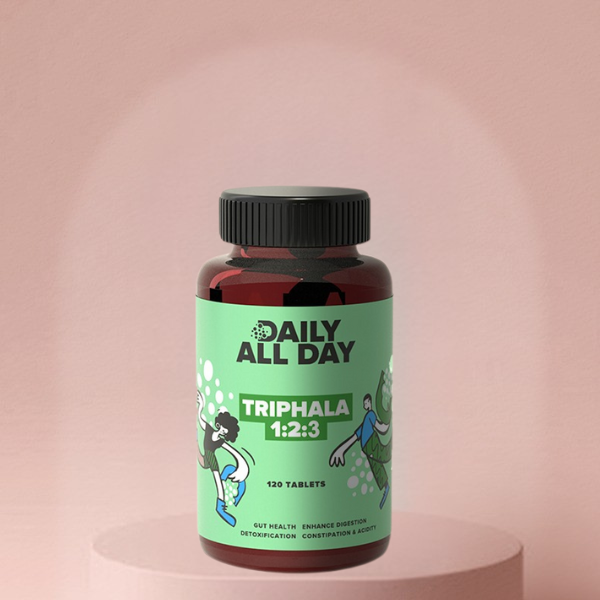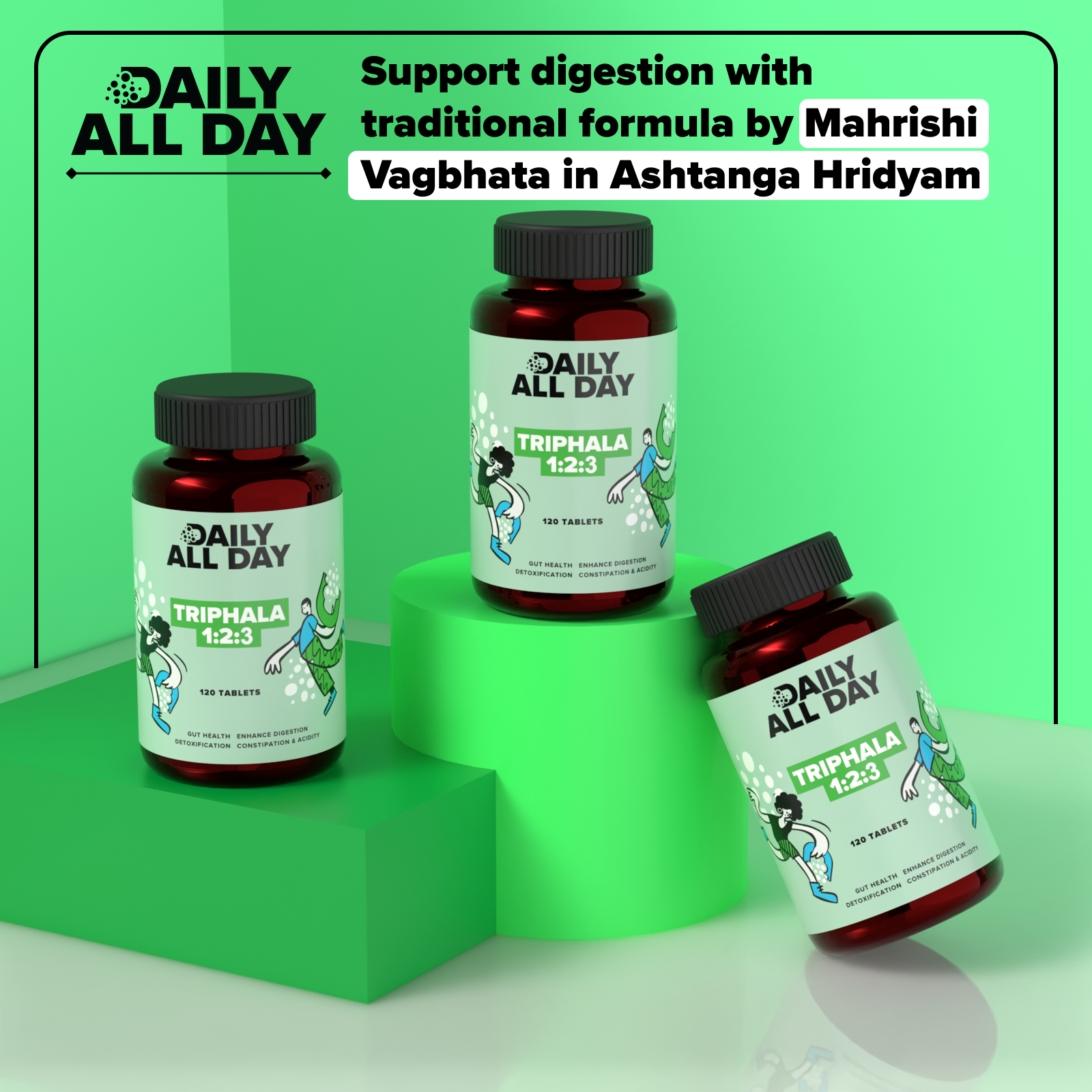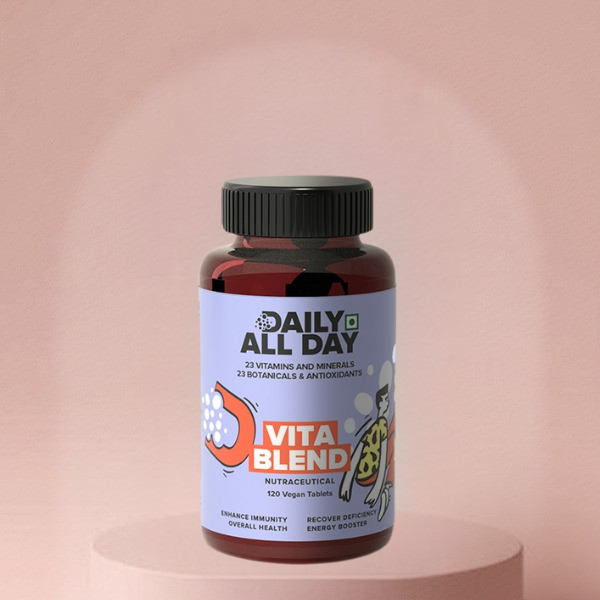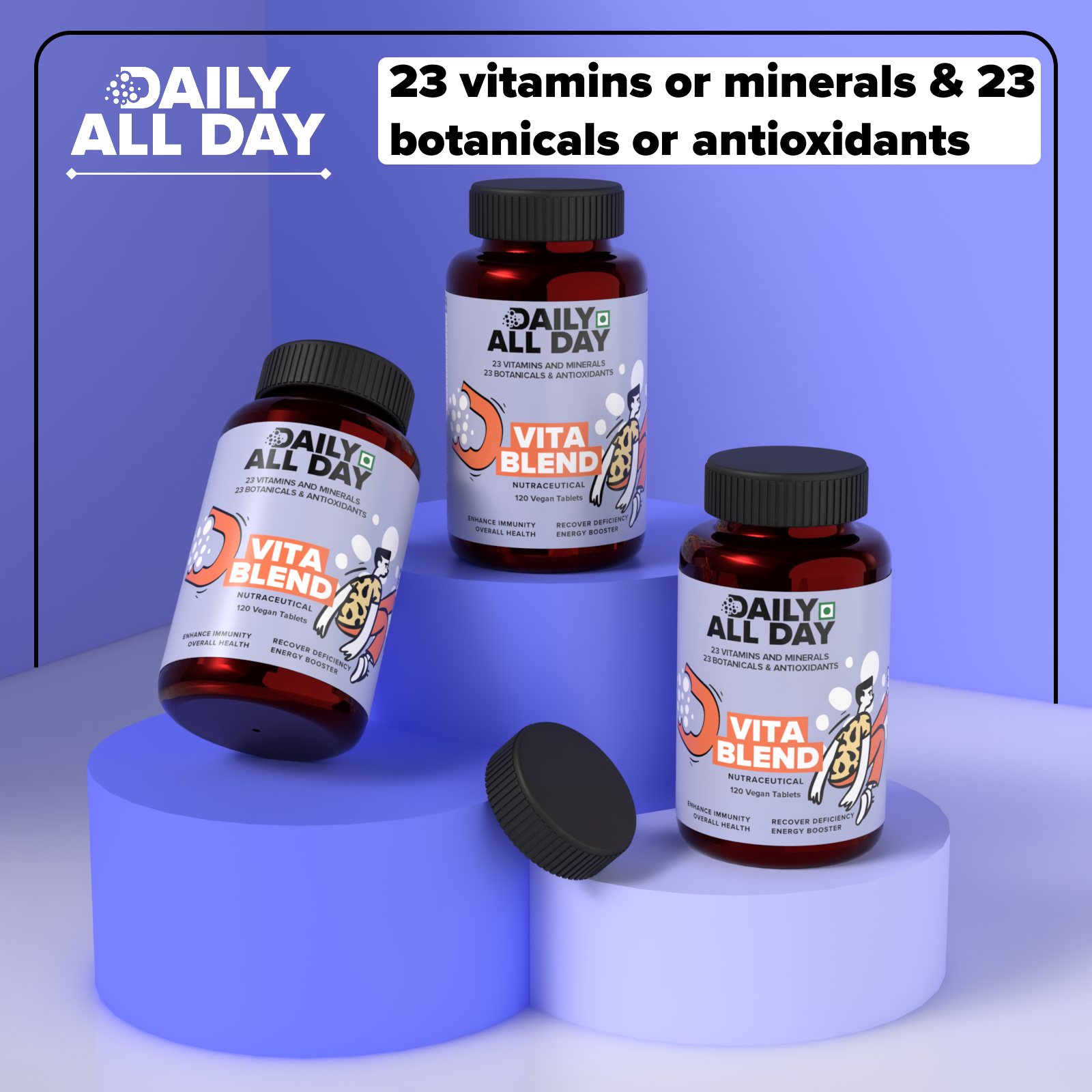I often get asked by my clients, 'I want to be vegan, but my Ayurvedic consultant said it might not be good for my Vata dosha. Do I have to choose?' It's a question that brings up a perceived conflict between modern ethical choices and ancient wisdom. But what if I told you they don't have to be at odds? The beauty of Ayurveda is its flexibility. Let’s explore how you can absolutely thrive on a vegan diet, even with a Vata-dominant nature, and feel more balanced than ever.
Table of Contents
- Ayurvedic Perspective on Diet: Beyond Labels
- Balancing Vata Dosha on a Vegan Diet
- Nutrition Concerns: What About Protein?
- Practical Recommendations for a Vata-Friendly Vegan Diet
- Clearing Up Confusion: Ayurveda & Veganism on Quora
- Ingredients Deep Dive: Supporting Your Vegan Journey
- Frequently Asked Questions
Ayurvedic Perspective on Diet: Beyond Labels
First things first, Ayurveda doesn't push a strictly vegetarian or vegan diet, nor does it completely forbid meat. It’s a highly personalized system. It looks at all-natural substances—plants and animals—as potential medicine when used correctly. In fact, many traditional Ayurvedic treatments, or ayurvedic upchar, sometimes use animal products to balance certain conditions, especially for pacifying the Vata dosha, because they have grounding and nourishing qualities.
In Ayurvedam, every food has qualities (gunas) that affect our body and mind. For instance:
- Tamasic foods (like meat) can feel heavy and dull the mind.
- Rajasic foods (like spicy food or the blood in meat) can be stimulating and agitate the mind.
- Sattvic foods (like fresh fruits, vegetables, and whole grains) promote clarity, peace, and harmony.
This is why people seeking spiritual clarity often avoid meat. However, for someone doing intense physical labor, the grounding energy of meat might be beneficial. The goal in Ayurveda is always balance, based on your unique constitution (Vata Pitta Kapha) and current state of health.
Balancing Vata Dosha on a Vegan Diet
So, what exactly is Vata dosha? It’s made of the elements air and ether. Think of its qualities: light, dry, cold, mobile, and rough. When Vata is out of balance, you might feel anxious, have dry skin, experience constipation, or feel ungrounded and restless. To bring it back into balance, you need the opposite qualities: heavy, moist, warm, stable, and smooth.
A vegan diet can sometimes feel light and dry, which might seem to aggravate Vata. But with a few simple tweaks, it can be perfectly Vata-pacifying. The key is to focus on "Vata comfort food." This includes:
- Warm, cooked root vegetables: Think sweet potatoes, carrots, and beets.
- Nourishing oils: Sesame oil, olive oil, and avocado oil are great.
- Hearty grains: Oats, rice, and quinoa, especially when cooked and warm.
- Easy-to-digest legumes: Mung dal (split mung beans) is a superstar in Ayurveda for being gentle and nutritious.
- Nuts and seeds: Soaked almonds, walnuts, and sesame seeds provide healthy fats and a grounding quality.
Nutrition Concerns: What About Protein?
"But where will I get my protein?" This is a huge worry for many people switching to a plant-based diet. The good news is that plant-based foods are packed with protein! You just need to eat a variety of them to get all the essential amino acids your body needs to build strong muscles and tissues (dhatus).
Mung beans, for example, are an Ayurvedic favorite. A single cup of cooked mung beans offers about 14 grams of protein and is considered a complete protein. They are also much easier to digest and less gas-forming than other beans, making them ideal for the sensitive Vata digestion. Combining different plant foods, like rice and beans or lentils and whole-wheat bread, ensures you get a full protein profile.
Practical Recommendations for a Vata-Friendly Vegan Diet
Preparation is everything in Ayurveda. A food that might seem unsuitable for Vata can become perfect with the right cooking method. For example, raw chickpeas can be very drying and light. But when you blend them into hummus with tahini (sesame paste), olive oil, and warming spices like garlic and cumin, they become heavy, moist, and grounding—perfect for Vata!
Here are some practical tips:
- Always cook your food: Avoid raw salads and cold foods. Opt for steamed veggies, warm soups, and cooked grains. Even a simple smoothie can be made more Vata-friendly by adding warming spices like ginger and cinnamon.
- Use warming spices: Ginger, cumin, coriander, cinnamon, and turmeric not only add flavor but also aid digestion and provide warmth.
- Eat at regular times: Vata thrives on routine. Try to eat your meals around the same time each day to support your digestion.
- Stay hydrated with warm liquids: Sip on warm water or herbal teas throughout the day instead of ice-cold drinks.
Clearing Up Confusion: Ayurveda & Veganism on Quora
There's a lot of mixed information out there. Let's tackle some common questions seen on Quora to provide some clarity.
-
Why does Ayurveda not recommend a vegan diet?
This is a misconception. Ayurveda doesn't forbid a vegan diet; it emphasizes personalization. While some traditional formulas use dairy like ghee, Ayurveda is adaptable. It supports a vegan diet as long as it aligns with your dosha and provides balance. It's all about choosing the right plant-based foods and preparing them correctly. -
Ayurveda suggests a vegetarian diet. Why?
Ayurveda often leans towards a vegetarian diet because it promotes a sattvic (pure, harmonious) state of mind. Plant-based foods are generally easier to digest and leave you feeling light and clear. Meat is often restricted during specific treatments (like panchakarma therapy) to reduce toxins (ama) and support the body's healing process. -
Can we have non-veg while taking Ayurveda products?
Yes, it's possible. Ayurveda believes nutrition directly impacts health. An Ayurvedic doctor might even recommend certain meats for specific conditions. However, it always depends on the individual's disease, dosha, and the specific ayurvedic treatment they are undergoing. -
Are ayurvedic products vegetarian?
Many are, but not all. Ayurveda doesn't promote a strictly vegan diet and often incorporates dairy, especially Cow's Ghee, for its healing properties. It's important to check the ingredients if you are following a strict vegan lifestyle. Many modern brands, however, offer fully vegan product lines.
Ingredients Deep Dive: Supporting Your Vegan Journey
Transitioning to any new way of eating requires your body to adapt. To ensure you’re getting all the nutrients you need for energy and strength, especially on a vegan diet, a high-quality supplement can be your best friend. A good multivitamin can bridge any nutritional gaps.
Daily All Day Vita Blend (120 Tablets)
Our Daily All Day Vita Blend is a powerhouse of over 40 nutrients and herbs, designed to support your overall health. It’s 100% vegetarian and packed with everything you need to thrive.
- 23 Vitamins and Minerals: It provides a full spectrum of essential nutrients like Vitamin B12 (crucial for vegans), Vitamin D3, Iron, and Zinc to boost energy and prevent deficiencies.
- 23 Ayurvedic Herbs: This blend includes powerful herbs like Moringa, Ashwagandha, Panax Ginseng, and Curcumin. These herbs help boost immunity, increase strength, reduce stress, and improve gut health.
- Benefits: This holistic formula strengthens your immune system, provides sustained energy, supports muscle strength, and promotes healthier skin. It’s the perfect companion for anyone with a weak body or looking to fill nutritional gaps.
How to Consume: Take 2 tablets twice daily after meals. Consistent use for 6-8 weeks yields the best results.
Shop Daily All Day Vita Blend HereDaily All Day Triphala 1:2:3 (120 Tablets)
For Vata types, digestive health is paramount. Constipation and bloating are common complaints. Triphala is a legendary Ayurvedic remedy for gentle detoxification and digestive support.
- Key Ingredients: Amla (rich in Vitamin C), Baheda (detoxifying), and Harad (improves digestion). Our formula follows the traditional 1:2:3 ratio given by Maharishi Vagbhata for maximum effectiveness.
- Benefits: It cleanses the colon, relieves constipation, reduces bloating and gas problems, and improves overall bowel health. Better digestion also leads to clearer skin and healthier hair.
- Unique Point: This is not just any Triphala; it’s a time-tested formula from the ancient text Ashtanga Hridayam.
How to Consume: Take 2 tablets twice daily after meals.
Shop Daily All Day Triphala 1:2:3 HereFrequently Asked Questions
- 1. Can a vegan diet really balance Vata dosha?
- - Yes, absolutely! The key is to choose vegan foods with opposite qualities to Vata: warm, moist, heavy, and grounding. Think warm soups, cooked grains, root vegetables, nuts, and healthy oils. Proper preparation and warming spices are essential.
- 2. Is Ayurveda strictly vegetarian?
- - No, it isn't. Ayurveda is a holistic system that views food as medicine. While it often favors a vegetarian diet for its sattvic (harmonious) qualities, it doesn't forbid meat and may even recommend it for certain health conditions to provide grounding and strength.
- 3. What are some top Vata-pacifying vegan foods?
- - Some excellent choices include cooked oatmeal, rice pudding with cinnamon, steamed asparagus, baked sweet potatoes, mung dal soup (kitchari), soaked almonds, and avocado. The focus should be on soft, warm, and well-cooked meals.
- 4. How can I get enough protein on an Ayurvedic vegan diet?
- - You can get plenty of protein from a variety of plant sources. Legumes like mung beans and lentils, grains like quinoa, and nuts and seeds are all great sources. Combining them (e.g., rice and beans) helps ensure you get all essential amino acids.
- 5. Are all Ayurvedic supplements and products vegan-friendly?
- - Not necessarily. Many traditional Ayurvedic products may contain dairy (like ghee) or honey. However, modern brands are increasingly offering 100% vegetarian and vegan options. Always check the label. Our Daily All Day products mentioned are 100% vegetarian.

Embracing Veganism with Ayurvedic Wisdom
So, can you follow a vegan diet and stay true to Ayurvedic principles? The answer is a resounding yes! Ayurveda is not about rigid rules but about understanding your unique body and finding balance. For those with a dominant Vata dosha, this means choosing plant-based foods that are warm, grounding, and nourishing. It’s about how you prepare your meals—turning light chickpeas into grounding hummus, cooking your vegetables, and using warming spices.
The journey is about mindful eating, not deprivation. Concerns about protein or nutrients can be easily addressed with a diverse plant-based diet and supportive supplements. To ensure your body gets everything it needs, consider our Daily All Day Vita Blend, which is packed with over 40 essential vitamins, minerals, and herbs to fill any nutritional gaps. For maintaining digestive harmony, a cornerstone of Vata balance, our Daily All Day Triphala 1:2:3 offers a traditional, gentle cleanse that supports gut health.
Ultimately, Ayurveda empowers you to listen to your body. You don’t have to choose between your ethical values and your well-being. By blending the ancient wisdom of Ayurveda with a modern vegan lifestyle, you can achieve a state of vibrant health, energy, and inner peace. Trust your body, embrace wholesome foods, and let Ayurveda guide you to perfect balance.

